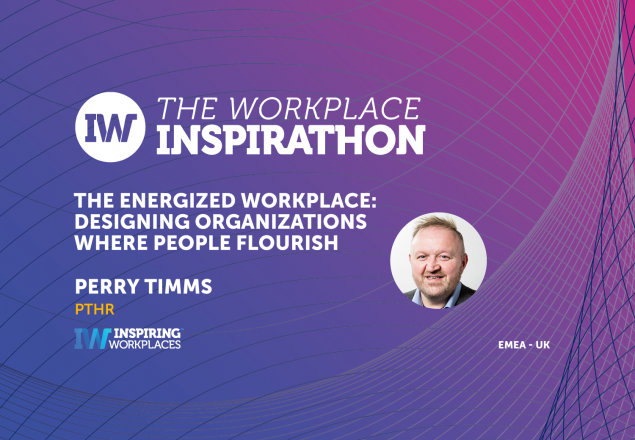
01st February 2024
Belonging Emerges as a Leading Workforce Strategy in 2024, Surpassing RTO

In 2024, workplace success hinges on cultivating a sense of belonging among employees, transcending the debate of where work occurs. Research shows that fostering belonging drives organizational performance, enhances job performance, reduces turnover risk, and boosts employer net promoter scores. Workplace loneliness due to a lack of belonging costs companies billions annually. To build belonging at work, leaders must address psychological risks, train managers in resilience skills, and connect employee work to the company’s purpose and mission, ultimately driving engagement and productivity in the turbulent year ahead.
From the original article written by Jan Bruce and published in Forbes:
A lot of angry debate in 2023 focused on where work happened, as strict RTO mandates bumped up against employee demands for flexibility. A new Fortune article suggests that in 2024, the key question will be how, not where, work gets done.
That distinction is important, as it allows leaders to step away from the RTO debate and focus on the foundational goal of sustained, high engagement and productivity in their workforces. This isn’t a new goal. From those RTO mandates to hybrid work arrangements, improved communications systems to employee productivity trackers, every business leader has been trying for years to crack the nut of workforce engagement and productivity.
However, no effort will succeed long-term if we keep missing the most important part.
Belonging.
A sense of belonging at work drives overall organizational performance, increases job performance, reduces turnover risk, and substantially increases employer net promoter score, as 93% of surveyed HR executives agreed in a recent Deloitte report. Research in Harvard Business Review shows that when employees feel like they belong, they’re 3.5 times more likely to contribute to their fullest potential.
The absence of belonging on the job, aka workplace loneliness, has serious consequences. A Cigna report estimates that loneliness-driven, stress-related absenteeism costs companies $154 billion annually. In general, people who feel chronically lonely tend to have much higher levels of stress and poor physical health outcomes, both of which impact employee performance and the bottom line.
Way back in 2006, Peter Drucker said “culture eats strategy for breakfast.” No matter how great your business strategy is, your plan will fail without a company culture that encourages people to implement it.
In this turbulent year to come, company cultures that drive engagement and productivity will be those that build the foundations of workplace belonging—psychological safety, interpersonal skills, emotional intelligence, and empathy. (These also are the core competencies of resilience, which are learnable, and can be developed at scale, across teams, departments, and entire workforces.) When employees feel like they belong at work, this is when they’ll have skin in the game for our companies.
Culture may eat strategy for breakfast, but belonging eats strategy, engagement initiatives, and productivity tools for lunch.
Research confirms the importance of belonging.
In a 2021 literature review in Science, researchers found that belonging is indeed “a fundamental human need predictive of positive mental, physical, social, economic, and behavioral outcomes.”
Employees almost universally agree on the importance of belonging in their workplaces. In the 2023 Work in America Survey, the American Psychological Association found that 94% of workers believe it is “very or somewhat important to them that their workplace be a place where they feel they belong.”
Too many people don’t feel like they belong at work.
The 2023 Work in America Survey found that 20% of employees do not feel a sense of belonging at work. Black and Hispanic workers are more likely to feel a lack of belonging.
These findings track with meQ research on the presence and impact of incivility in the workplace. Uncivil behavior between colleagues is essentially an anti-belonging strategy. It undermines team cohesion and collaboration, erodes trust between employees and their managers, and can ultimately damage the organization’s reputation. According to meQ, 25% of employees regularly experience incivility at work.
Take these three steps to build belonging at work.
1. Fearlessly identify and address psychological risks to workplace culture.
It is imperative to gain insight and assess the risks to belonging for your employees. A workforce-wide psychosocial risk assessment uncovers obstacles to psychological safety in an organization, including incivility, bullying, lack of support, demands on employees, and lack of autonomy. A shared sense of belonging is impossible without shared psychological safety.
A comprehensive, clinically validated assessment lets business leaders see who may be most vulnerable to psychosocial risks and a lack of belonging. It also shows business leaders why certain populations are at risk, and what underlying issues are impacting the absence or presence of an inclusive, caring culture. The resulting data furthermore helps leaders decide how to reduce the risks.
Read the full article to find out the other two steps to build belonging at work.





